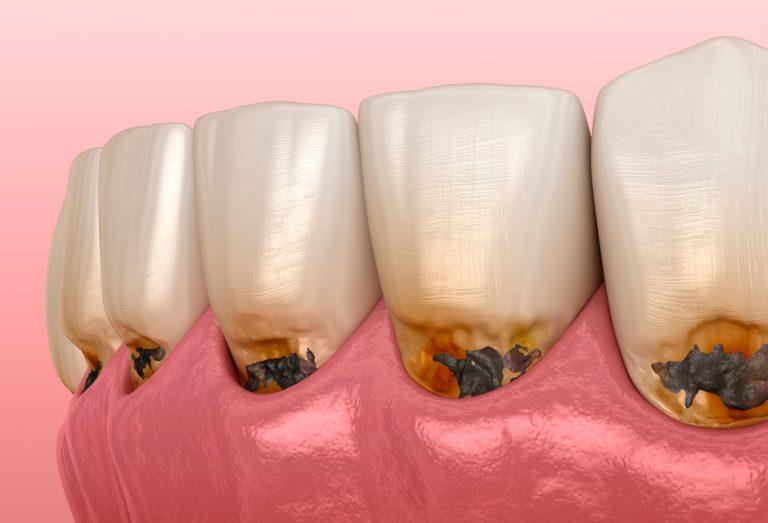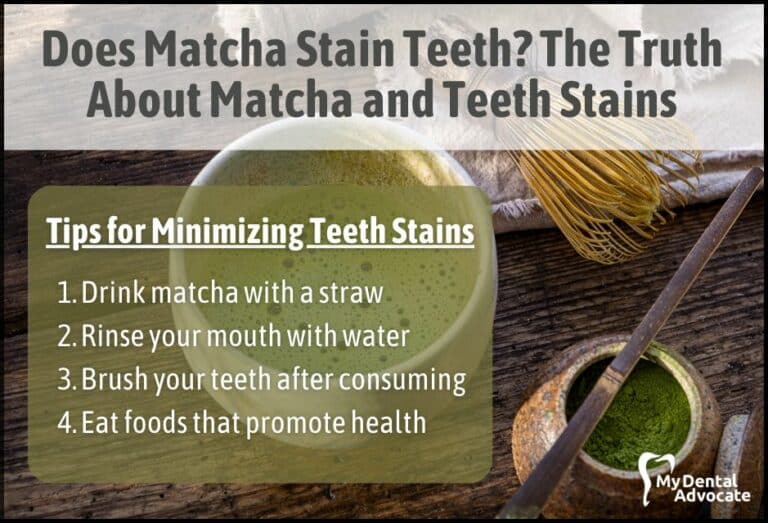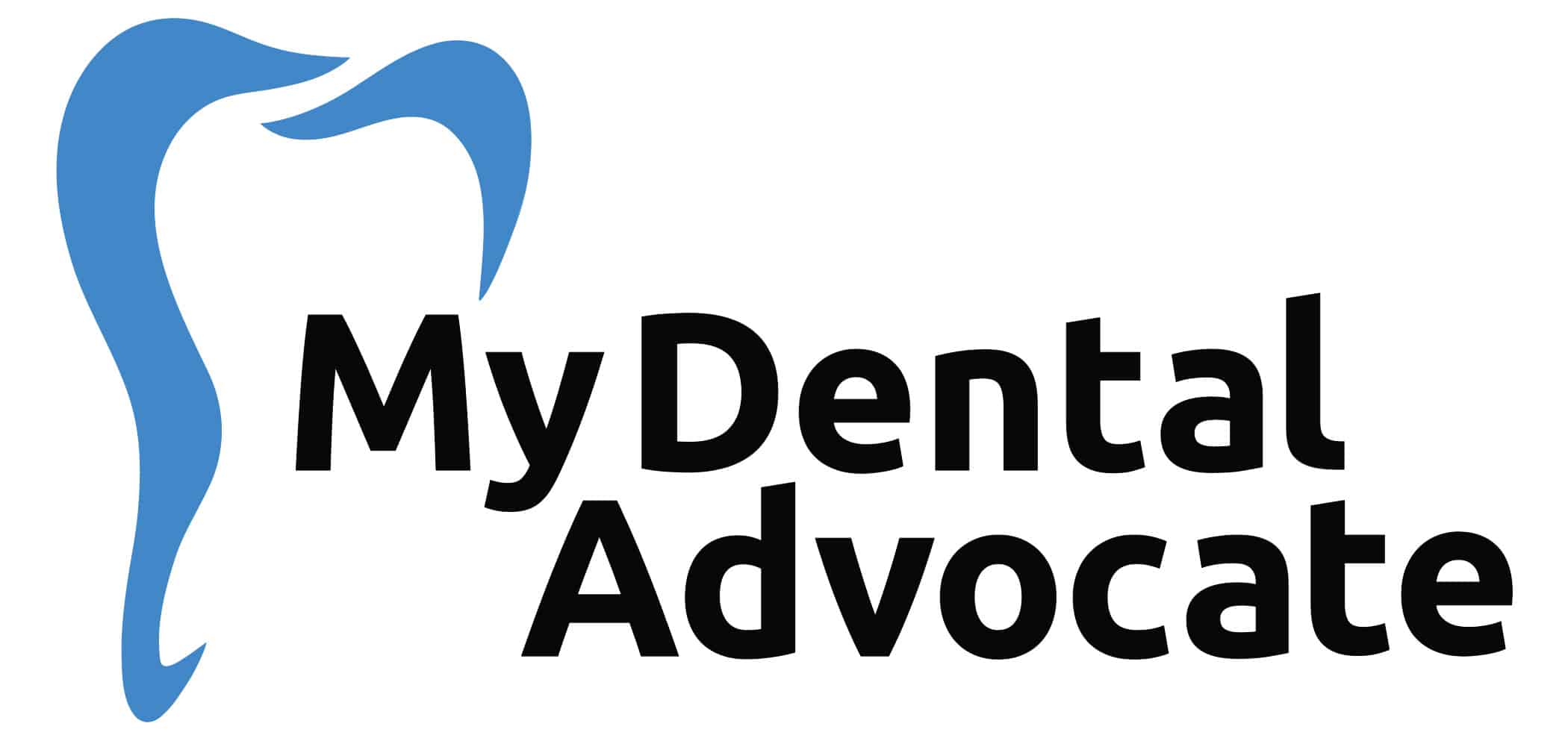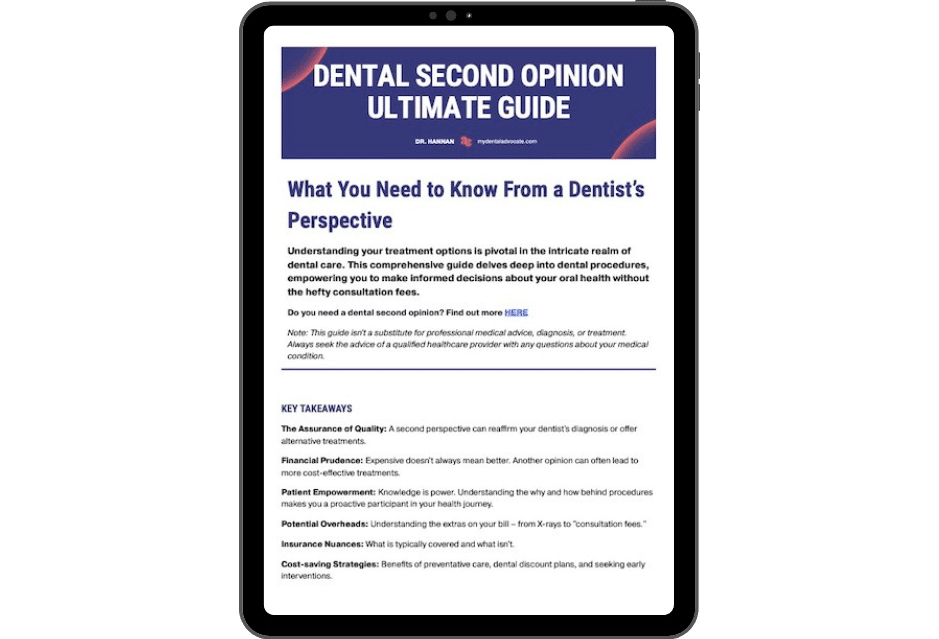Dentures (Types, Considerations, Maintenance)

The word “dentures” may remind you of something your grandpa used to take out, but dentures provide a vital role for people with missing teeth.
And with the advances in composites and oral technology, these aren’t your grandpa’s dentures anymore.
Dentures are prosthetics that replace missing upper or lower teeth.
Recommended Reading: Top 5 Brushing Habits to Break in 2024Understanding Dentures
Dentures are fabricated out of different materials. However, the most common material is acrylic. Similar to partial dentures, multiple impressions are required to fabricate the proper form and fit of the prosthetic.
The position of the teeth is essential for replicating the patient’s speech.
Maxillary dentures rely on suction for stability, which is often predictable.
Mandibular dentures rely on ridge height, gravity and undercuts within the inside of the jaw.
Recommended Reading: 5 Best Mouthwash for Denture Wearers 2024 (Dentist Recommended)Mandibular dentures are unpredictable and challenging for most patients. Oftentimes the lower jaw has resorbed, leaving little bone left for the denture to hold on to. Also, the patient’s tongue muscles readily lift the denture when speaking and chewing.
Fortunately, there are alternative denture prosthetics that should correct this problem.
Different Types of Dentures
Conventional dentures are cost-effective and essential for patients that desire to replace missing teeth. The most common complaint we hear regarding conventional dentures is that they shift or fall out when speaking and chewing.
Luckily, other options exist, such as implant-supported dentures or permanent All-On-Four dentures.
Related: Learn more about Dental ImplantsConventional Pros
Conventional Cons
Immediate Pros
Immediate Cons
Implant-Supported Pros
Implant-Supported Cons
All-On-Four Pros
All-On-Four Cons
Considerations

The most common denture is the conventional denture.
The fabrication and impression process requires the patient to be edentulous, or without teeth, for an extended period of time.
Unless the patient has an existing denture, eating without teeth for 4-6 weeks will be challenging.
An immediate denture may be ideal if multiple extractions are needed before denture fabrication. Impressions are taken when the natural teeth are still present, and the lab will fabricate the denture based on where the bone level will be.
Although the denture will be delivered on the day of the extractions, sometimes it’s not the most accurate fitting denture and a reline or new denture will be needed.
Implant-supported dentures are a good value alternative. As we discussed before regarding the lower denture, it’s difficult to stabilize.
Immediate dentures allow the upper and lower denture to snap onto implants for exceptional stability and fit.
The implant healing process takes at least four months, so the patient will need an immediate denture or be edentulous until the implants are ready to be loaded.
Recommended Reading: Dr. B Dental Solutions Review (Denture Care)The All-On-Four denture is the “Cadillac” of denture prosthetics.
An oral surgeon or periodontist will work with the general dentist and lab technician to fabricate a denture secured to the implants on the day of the surgery. The implants will still require adequate healing.
However, they’re strategically placed to allow minimal force, so the patient can function until the healing process is complete. This permanent option is great for patients who want maximum function and stability.
The denture that’s placed on the day of the surgery is considered a temporary denture, and after the implants have healed, the final denture will be secured.
Denture Care & Maintenance
- Place a towel on your countertop or fill your sink with water to prevent your denture from being damaged if you drop it.
- Remove denture and rinse with cold water as hot water may warp your denture.
- Brush your denture with a denture cleaner or non-abrasive toothpaste to remove food deposits, plaque or denture adhesive.
- Rinse your denture in warm water before re-inserting, or if you’re done for the night, place it in a container filled with water or denture solution.
Avoid using whitening toothpaste or household cleaners to clean your denture as they may stain or damage it. Also, daily cleaning will prevent stains and odors from forming. The gum tissue can become irritated or infected if the denture is not removed when you’re sleeping.
Related: Best MDA Recommended ProductsMy Experience & Expertise
Dentures have been around for many years and offer a predictable way of replacing teeth.
There are many different types of dentures and it’s important to understand which option is best for you. Have you recently been diagnosed with needing a denture? Are you aware of the different options available to you?
My Dental Advocate’s team of board-certified dentists can provide a second opinion on your planned treatment. We look forward to bringing you peace of mind by verifying your treatment plan, suggesting an alternative or just answering your questions.
Need a second opinion? We can help! Learn more. Knowledge is power when cultivating healthy dental habits. The more informed you are, the better positioned you’ll be to prevent avoidable and potentially costly dental procedures for you and your family. Watch for future blog posts, where we’ll continue sharing important information, product reviews and practical advice!

About the Author
Dr. Matthew Hannan, also known as “Dr. Advocate,” is a board-certified dentist on a mission to provide accurate dental patient education. He attended Baylor University before completing dental school at UT Health San Antonio School of Dentistry. He now lives in Arizona with his beautiful wife and 4 kids. Dr. Hannan believes everyone should access easy-to-read dental resources with relevant, up-to-date dental research and insight to improve their oral health.

Connect with Dr. Hannan!

Can You Reverse a Cavity? (5 Simple Steps)
Cavities that are located in the enamel can be reversed. This process is called remineralization and can only be accomplished when the cavity is superficial. If the cavity progresses to the dentin layer…

Does Matcha Stain Teeth? The Truth About Matcha and Teeth Stains
Matcha is a trendy superfood that’s become a staple in many people’s diets. But for some, the thought of drinking matcha may be met with concern about teeth staining. In this article, we’ll uncover the truth about matcha and teeth stains…

Types of Dentists (DDS, DMD & Dental Specialists)
Did you know that the majority of dental professionals are general dentists? Of course, many would say yes! However, did you know that there are 12 different dental specialties?
Gain Clarity with Our FREE Second Opinion Guide
Receive clear, expert second opinions online within 48 hours. Start today!
Product Reviews
Our 250+ dental product reviews (and counting), curated by an experienced dentist, are the most comprehensive online.
Toothbrush Genie
State-of-the-art chatbot designed to help you discover your perfect toothbrush in just a few simple steps!
Cavity Risk Assessment
Cutting-edge digital tool designed to evaluate your individual cavity risk based on your responses to a series of questions.
Gum Disease Assessment
Discover your gum disease risk with our quick and engaging 6-question assessment!


